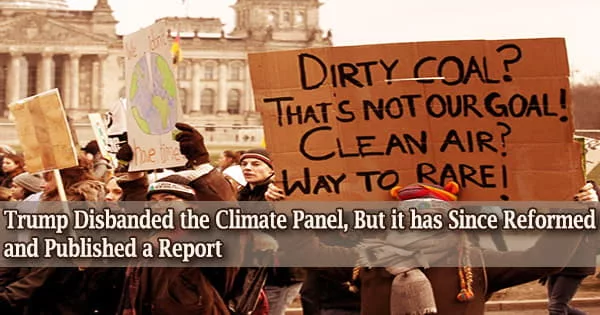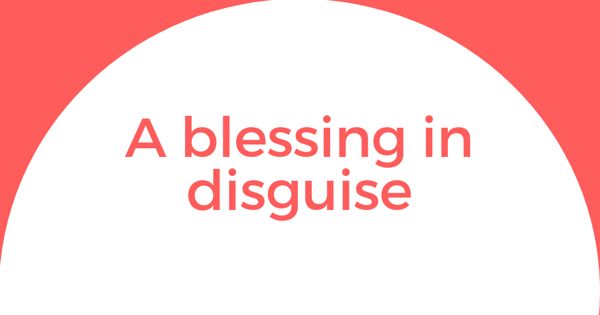Businesses and communities are unsure of how to adjust and get ready as climate change continues. They are learning that it’s not always simple to translate global climate knowledge into regional solutions or even to decide which data to trust and how to use it.
In order to examine how to make the National Climate Assessment (NCA) more useful for communities that wish to take action, an advisory committee established by the federal government and nominated by President Obama began meeting in 2016.
In 2017, the panel was dissolved by President Trump. However, the committee reassembled as the Independent Advisory Committee on Applied Climate Assessment with assistance from the American Meteorological Society, New York State, and the Earth Institute at Columbia University.
The committee’s conclusions and suggestions have now been published in the American Meteorological Society journal Weather, Climate and Society.
The report recommends the establishment of a new network to advise state, municipal, and tribal governments on how to utilize the NCA and other scientific resources to advance their communities.
Experts from civil society, state, municipal, and tribal settings make up this network, which was just established as the Science to Climate Action Network (SCAN). It is not affiliated with the federal government.
The network is intended to generate guidelines for utilizing research to update infrastructure and building codes, minimize wildfire risk, control flooding, cut carbon emissions, and more by offering hubs for businesses, communities, and academics to collaborate on real-world problems.
“The point is to take what we know, make it usable for the communities, and increase their confidence in weighing the tradeoffs and opportunities that come with different strategies for adaptation and mitigation,” said Richard Moss, a visiting senior research scientist at Columbia’s Earth Institute and chairman of the Independent Advisory Committee.
Many of the ideas come from decision-makers, community-based organizations, and climate experts who help users apply knowledge. We’re trying to produce something that adds value for those on the front lines of preparing their communities for climate change.
Richard Moss
Daniel Zarrilli, New York City’s chief climate policy advisor, said such collaboration is needed.
“We live in an era of climate change and yet many of our systems, codes, and standards have not caught up. Integrating climate science into everyday decisions is not just smart planning, it’s an urgent necessity,” he said.
Despite the fact that most communities lack the same resources, New York City has its own climate science panel, according to Zarilli.
Moss stated that the Science to Climate Action Network will bring projects working on similar challenges together to share ideas, evaluate best practices, develop authoritative data, and then share this information on a national level. Partnerships to apply climate science in particular cities and communities have already begun to take shape, she added.
Communities could use the consortium to assess which climate datasets to use for particular decisions and activities. It would concentrate on practical issues like strengthening engineering designs to be more resilient and developing new techniques to evaluate returns on investment and compare the advantages and disadvantages of various solutions.
Long-term, according to Moss, the knowledge created could influence the education and certification of specialists in using climate science to enhance decision-making.
The Independent Advisory Committee is not the first to suggest such a consortium, but the new report is “much more specific about how to do this than in the past,” said Moss. “Many of the ideas come from decision-makers, community-based organizations, and climate experts who help users apply knowledge. We’re trying to produce something that adds value for those on the front lines of preparing their communities for climate change.”
The Science to Climate Action Network has already begun working with a variety of regional research networks, academic organizations, and organizations, including the Urban Sustainability Directors Network and the U.S. Climate Alliance.
The consortium’s next steps, according to Moss, will be to enlist more partners, find finance, and choose which projects to take on first.
“We want to get started right away. With climate impacts becoming more problematic and efforts to limit climate change falling further behind, we can’t afford to wait,” he said.
















